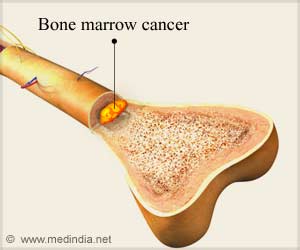“There is hardly any difference between gaming addiction and alcohol addiction. It gives a similar kind of kick and later develops into a serious addiction.
According to a study published in the Indian Journal of Community Medicine and Public Health 2020, about 3.5% of Indian adolescents suffer from Internet Gaming Disorder (IGD). The rate is 0.5% higher than the global average.
Advertisement
Indian studies show that 8% of boys and 3% of girls fall in the IGD bracket. Experts blame extended screen time for this disorder.
Online Gaming Addiction
“Nearly 41%of India’s populations are below 20 years of age, which means that online gaming has a vast market before them. The main target of this addiction is the child of the 5 to 18 years of age bracket. As brains remain underdeveloped at this stage, they easily become prey to this gaming addiction,” Kumar said.
At this stage of the immature brain, they want immediate enjoyment, which turns into an addiction.
However, these are productive years that go in vain with Internet games, causing long-term damages to this generation that results in family conflict, criminal tendencies, and others at a later stage of life, Psychiatry Professor said.
Kumar blames the Covid-19 pandemic for the rise in such disorder to some extent, saying that the health crisis has changed people’s lifestyles.
Everything is now available online, which has brought everyone to the mobile resulting in excess screen time and addiction to the device.
“At the brain level, addiction is similar to a chemical mechanism,” said Nimesh G. Desai, former director of the Institute of Human Behaviour and Allied Sciences (IHBAS).
However, he added that not all users are addicted.
Terming it double-edged swords, he said that technological advancements are both useful and harmful if we use them cautiously.
“According to a WHO report, addiction to online games is equal to substances like cocaine, drugs, and gambling. This is a temporary psychotic stage in which the gamer forgets about the conscience and follows the instructions,” said Shamsi Akbar, former research officer, Department of Geriatric Mental Health, King George’s Medical University.
She added that the gamers are trapped in a situation called Passivity Phenomena where an external force is controlling them and when someone stops them from playing the game, they become aggressive.
Source: IANS



